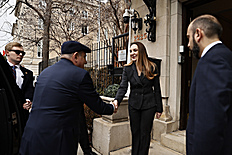 1670x1113px - 884 Kb
1670x1113px - 884 Kb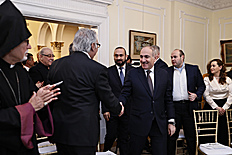 1670x1113px - 677 Kb
1670x1113px - 677 Kb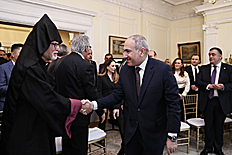 1670x1113px - 677 Kb
1670x1113px - 677 Kb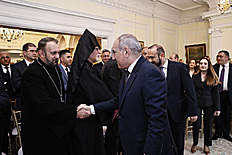 1670x1113px - 672 Kb
1670x1113px - 672 Kb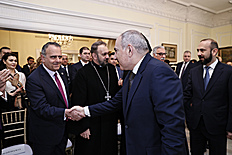 1670x1113px - 679 Kb
1670x1113px - 679 Kb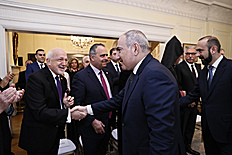 1670x1113px - 640 Kb
1670x1113px - 640 Kb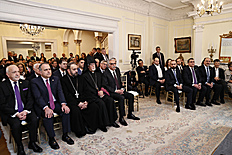 1670x1113px - 1 Mb
1670x1113px - 1 Mb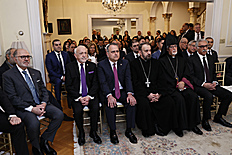 1670x1113px - 868 Kb
1670x1113px - 868 Kb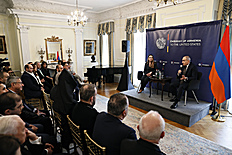 1670x1113px - 1 Mb
1670x1113px - 1 Mb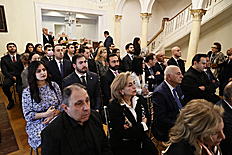 1670x1113px - 892 Kb
1670x1113px - 892 Kb 1670x1113px - 707 Kb
1670x1113px - 707 Kb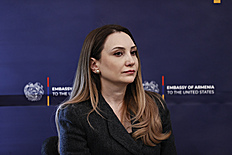 1670x1113px - 806 Kb
1670x1113px - 806 Kb 1670x1113px - 693 Kb
1670x1113px - 693 Kb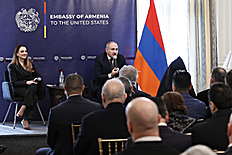 1670x1113px - 784 Kb
1670x1113px - 784 Kb 1670x1113px - 719 Kb
1670x1113px - 719 Kb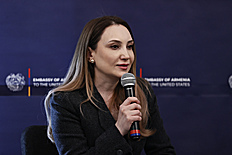 1670x1113px - 672 Kb
1670x1113px - 672 Kb 1670x1113px - 591 Kb
1670x1113px - 591 Kb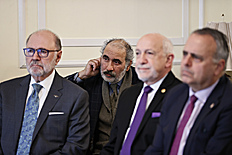 1670x1113px - 666 Kb
1670x1113px - 666 Kb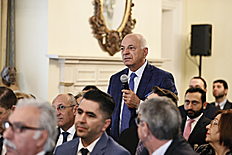 1670x1113px - 658 Kb
1670x1113px - 658 Kb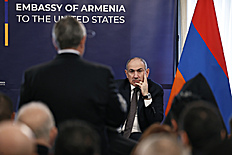 1670x1113px - 661 Kb
1670x1113px - 661 Kb 1670x1113px - 731 Kb
1670x1113px - 731 Kb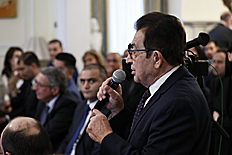 1670x1113px - 665 Kb
1670x1113px - 665 Kb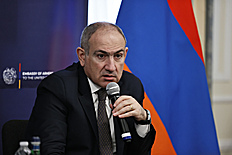 1670x1113px - 685 Kb
1670x1113px - 685 Kb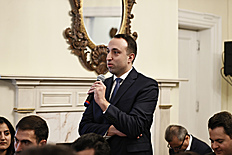 1670x1113px - 575 Kb
1670x1113px - 575 Kb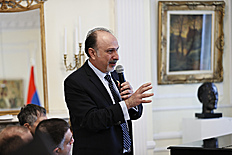 1670x1113px - 652 Kb
1670x1113px - 652 Kb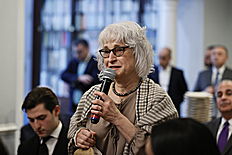 1670x1113px - 812 Kb
1670x1113px - 812 Kb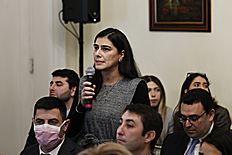 1670x1113px - 763 Kb
1670x1113px - 763 Kb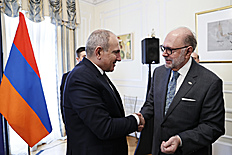 1670x1113px - 712 Kb
1670x1113px - 712 Kb 1670x1113px - 629 Kb
1670x1113px - 629 Kb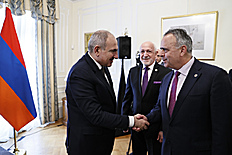 1670x1113px - 668 Kb
1670x1113px - 668 Kb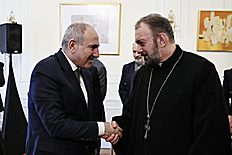 1670x1113px - 610 Kb
1670x1113px - 610 Kb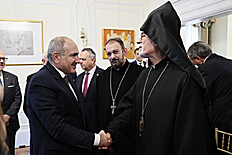 1670x1113px - 593 Kb
1670x1113px - 593 Kb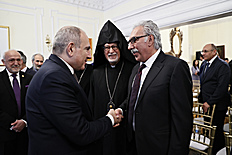 1670x1113px - 604 Kb
1670x1113px - 604 Kb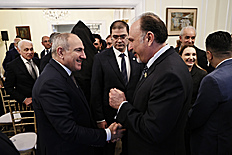 1670x1113px - 684 Kb
1670x1113px - 684 Kb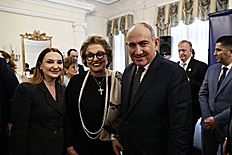 1670x1113px - 696 Kb
1670x1113px - 696 Kb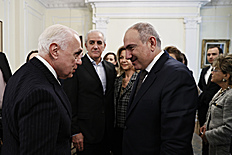 1670x1113px - 619 Kb
1670x1113px - 619 Kb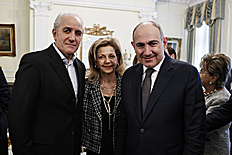 1670x1113px - 755 Kb
1670x1113px - 755 Kb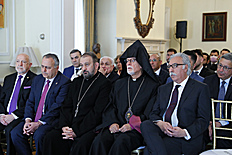 1670x1113px - 705 Kb
1670x1113px - 705 Kb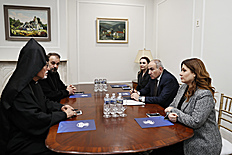 1670x1113px - 737 Kb
1670x1113px - 737 Kb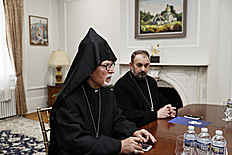 1670x1113px - 639 Kb
1670x1113px - 639 Kb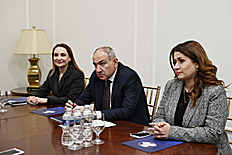 1670x1113px - 745 Kb
1670x1113px - 745 Kb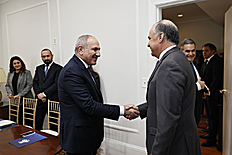 1670x1113px - 610 Kb
1670x1113px - 610 Kb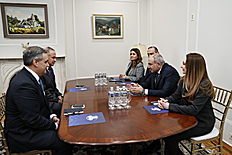 1670x1113px - 758 Kb
1670x1113px - 758 Kb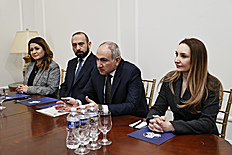 1670x1113px - 757 Kb
1670x1113px - 757 Kb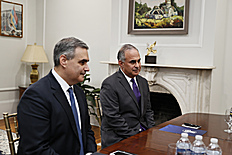 1670x1113px - 648 Kb
1670x1113px - 648 Kb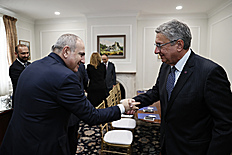 1670x1113px - 612 Kb
1670x1113px - 612 Kb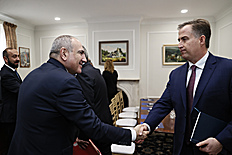 1670x1113px - 592 Kb
1670x1113px - 592 Kb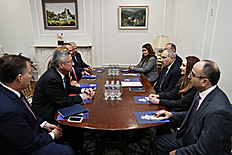 1670x1113px - 699 Kb
1670x1113px - 699 Kb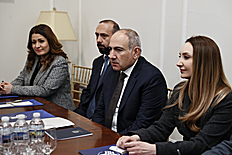 1670x1113px - 721 Kb
1670x1113px - 721 Kb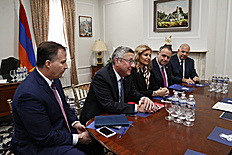 1670x1113px - 819 Kb
1670x1113px - 819 Kb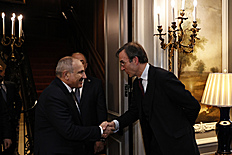 1670x1113px - 734 Kb
1670x1113px - 734 Kb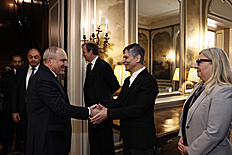 1670x1113px - 738 Kb
1670x1113px - 738 Kb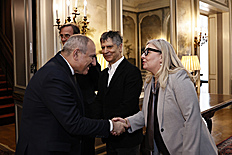 1670x1113px - 823 Kb
1670x1113px - 823 Kb 1670x1113px - 771 Kb
1670x1113px - 771 Kb 1670x1113px - 728 Kb
1670x1113px - 728 Kb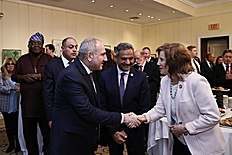 1670x1113px - 816 Kb
1670x1113px - 816 Kb 1670x1113px - 723 Kb
1670x1113px - 723 Kb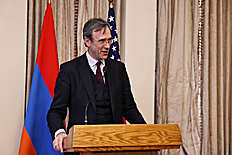 1670x1113px - 764 Kb
1670x1113px - 764 Kb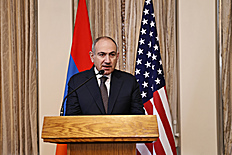 1670x1113px - 810 Kb
1670x1113px - 810 Kb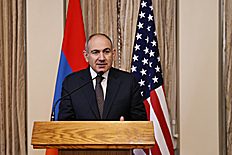 1670x1113px - 782 Kb
1670x1113px - 782 Kb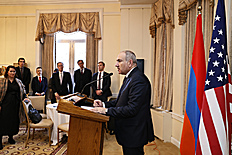 1670x1113px - 887 Kb
1670x1113px - 887 Kb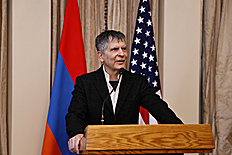 1670x1113px - 715 Kb
1670x1113px - 715 Kb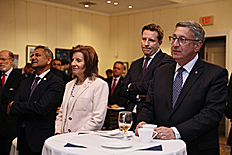 1670x1113px - 733 Kb
1670x1113px - 733 Kb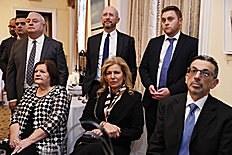 1670x1113px - 873 Kb
1670x1113px - 873 Kb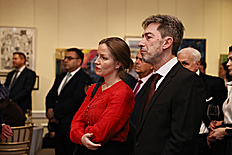 1670x1113px - 705 Kb
1670x1113px - 705 Kb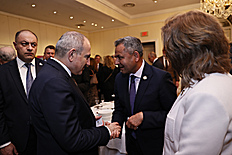 1670x1113px - 674 Kb
1670x1113px - 674 Kb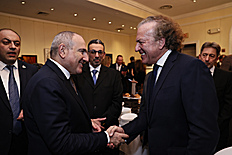 1670x1113px - 652 Kb
1670x1113px - 652 Kb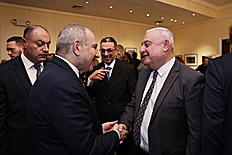 1670x1113px - 734 Kb
1670x1113px - 734 Kb 1670x1113px - 747 Kb
1670x1113px - 747 Kb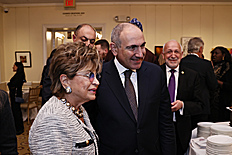 1670x1113px - 764 Kb
1670x1113px - 764 Kb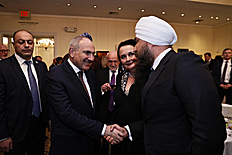 1670x1113px - 615 Kb
1670x1113px - 615 Kb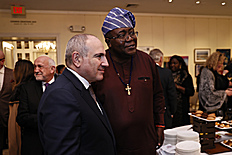 1670x1113px - 698 Kb
1670x1113px - 698 Kb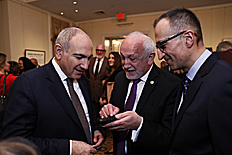 1670x1113px - 682 Kb
1670x1113px - 682 Kb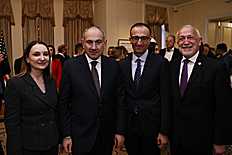 1670x1113px - 645 Kb
1670x1113px - 645 Kb 1670x1113px - 691 Kb
1670x1113px - 691 Kb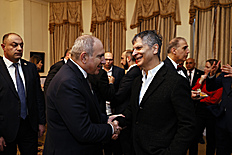 1670x1113px - 764 Kb
1670x1113px - 764 Kb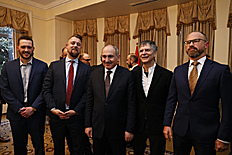 1670x1113px - 800 Kb
1670x1113px - 800 Kb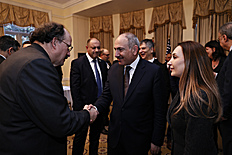 1670x1113px - 675 Kb
1670x1113px - 675 Kb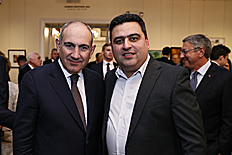 1670x1113px - 733 Kb
1670x1113px - 733 Kb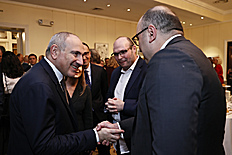 1670x1113px - 683 Kb
1670x1113px - 683 Kb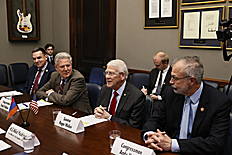 1670x1113px - 551 Kb
1670x1113px - 551 Kb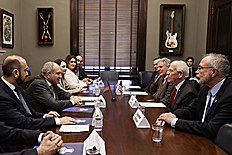 1670x1113px - 872 Kb
1670x1113px - 872 Kb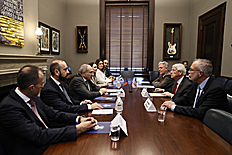 1670x1113px - 819 Kb
1670x1113px - 819 Kb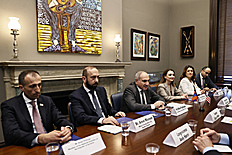 1670x1113px - 936 Kb
1670x1113px - 936 Kb 6048x4024px - 3 Mb
6048x4024px - 3 Mb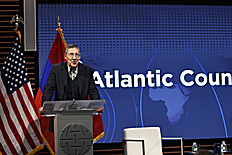 1670x1113px - 658 Kb
1670x1113px - 658 Kb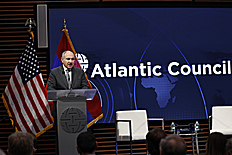 1670x1113px - 594 Kb
1670x1113px - 594 Kb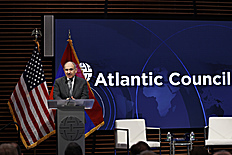 1670x1113px - 643 Kb
1670x1113px - 643 Kb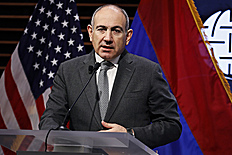 1113x1670px - 614 Kb
1113x1670px - 614 Kb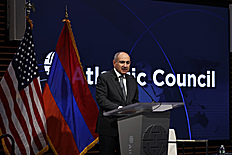 1670x1113px - 436 Kb
1670x1113px - 436 Kb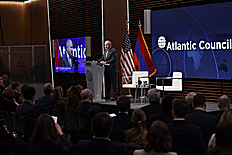 1670x1113px - 627 Kb
1670x1113px - 627 Kb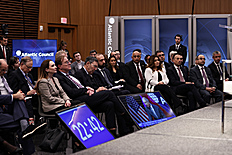 1670x1113px - 767 Kb
1670x1113px - 767 Kb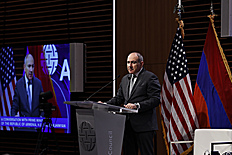 1670x1113px - 599 Kb
1670x1113px - 599 Kb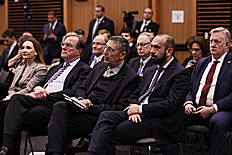 1670x1113px - 716 Kb
1670x1113px - 716 Kb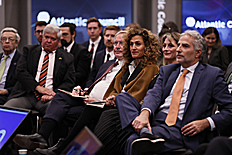 1670x1113px - 714 Kb
1670x1113px - 714 Kb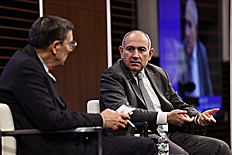 1670x1113px - 603 Kb
1670x1113px - 603 Kb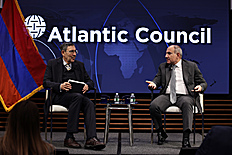 1670x1113px - 540 Kb
1670x1113px - 540 Kb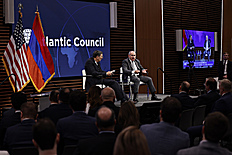 1670x1113px - 687 Kb
1670x1113px - 687 Kb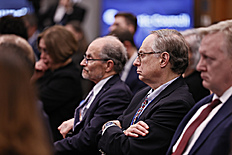 1670x1113px - 710 Kb
1670x1113px - 710 Kb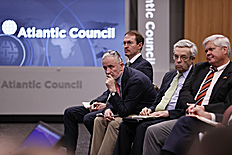 1670x1113px - 743 Kb
1670x1113px - 743 Kb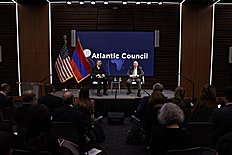 1670x1113px - 643 Kb
1670x1113px - 643 Kb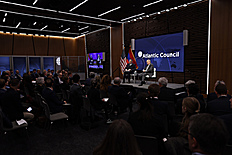 1670x1113px - 662 Kb
1670x1113px - 662 Kb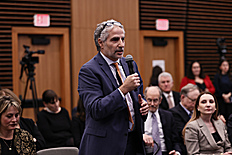 1670x1113px - 720 Kb
1670x1113px - 720 Kb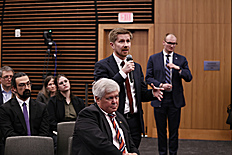 1670x1113px - 792 Kb
1670x1113px - 792 Kb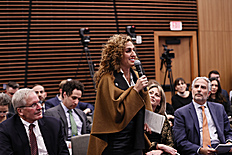 1670x1113px - 921 Kb
1670x1113px - 921 Kb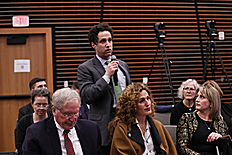 1670x1113px - 914 Kb
1670x1113px - 914 Kb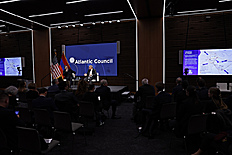 1670x1113px - 697 Kb
1670x1113px - 697 Kb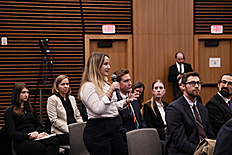 1670x1113px - 756 Kb
1670x1113px - 756 Kb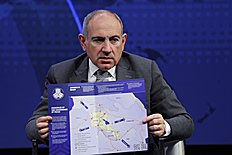 1670x1113px - 583 Kb
1670x1113px - 583 Kb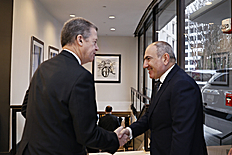 1670x1113px - 1 Mb
1670x1113px - 1 Mb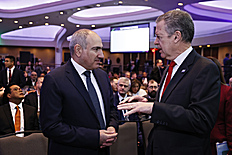 1670x1113px - 778 Kb
1670x1113px - 778 Kb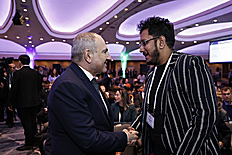 1670x1113px - 875 Kb
1670x1113px - 875 Kb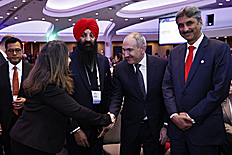 1670x1113px - 823 Kb
1670x1113px - 823 Kb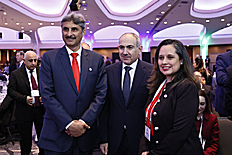 1670x1113px - 858 Kb
1670x1113px - 858 Kb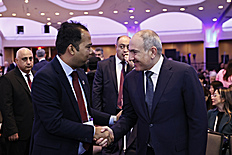 1670x1113px - 790 Kb
1670x1113px - 790 Kb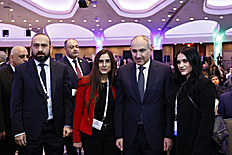 1670x1113px - 821 Kb
1670x1113px - 821 Kb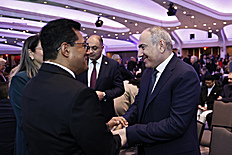 1670x1113px - 769 Kb
1670x1113px - 769 Kb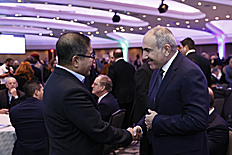 1670x1113px - 767 Kb
1670x1113px - 767 Kb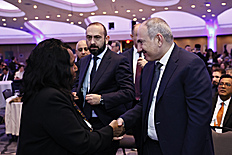 1670x1113px - 791 Kb
1670x1113px - 791 Kb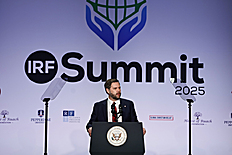 1670x1113px - 941 Kb
1670x1113px - 941 Kb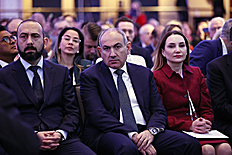 1670x1113px - 2 Mb
1670x1113px - 2 Mb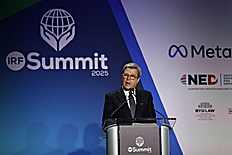 1670x1113px - 511 Kb
1670x1113px - 511 Kb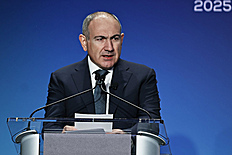 1113x1670px - 571 Kb
1113x1670px - 571 Kb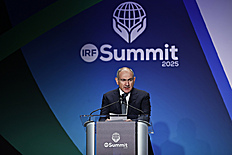 1670x1113px - 476 Kb
1670x1113px - 476 Kb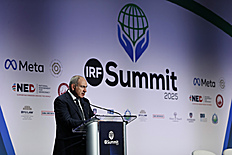 1670x1113px - 473 Kb
1670x1113px - 473 Kb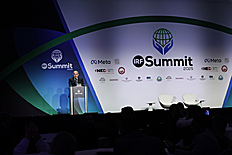 1670x1113px - 440 Kb
1670x1113px - 440 Kb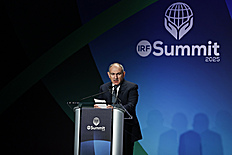 1670x1113px - 416 Kb
1670x1113px - 416 Kb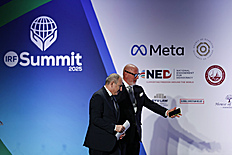 1670x1113px - 497 Kb
1670x1113px - 497 Kb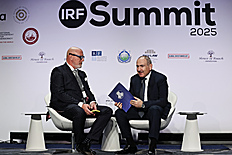 1670x1113px - 576 Kb
1670x1113px - 576 Kb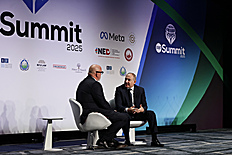 1670x1113px - 600 Kb
1670x1113px - 600 Kb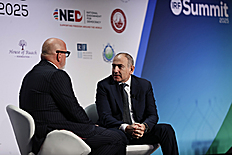 1670x1113px - 988 Kb
1670x1113px - 988 Kb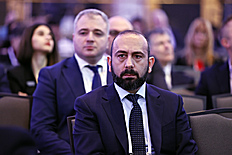 1670x1113px - 824 Kb
1670x1113px - 824 Kb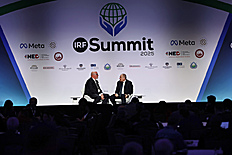 1670x1113px - 467 Kb
1670x1113px - 467 Kb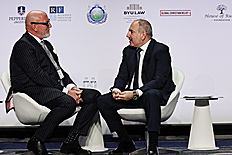 1113x1670px - 590 Kb
1113x1670px - 590 Kb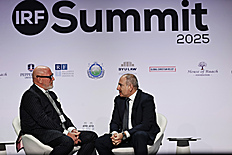 1670x1113px - 495 Kb
1670x1113px - 495 Kb 1670x1113px - 452 Kb
1670x1113px - 452 Kb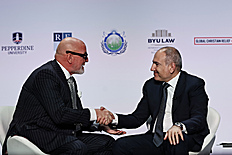 1670x1113px - 575 Kb
1670x1113px - 575 Kb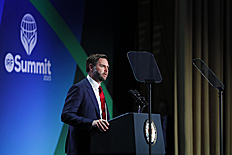 1670x1113px - 465 Kb
1670x1113px - 465 Kb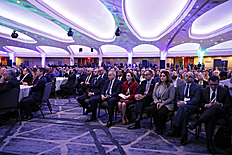 1670x1113px - 2 Mb
1670x1113px - 2 Mb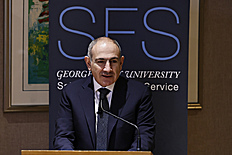 1670x1113px - 739 Kb
1670x1113px - 739 Kb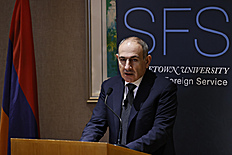 1670x1113px - 741 Kb
1670x1113px - 741 Kb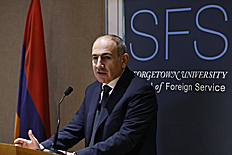 1670x1113px - 690 Kb
1670x1113px - 690 Kb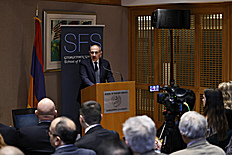 1670x1113px - 879 Kb
1670x1113px - 879 Kb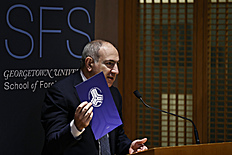 1670x1113px - 488 Kb
1670x1113px - 488 Kb 1670x1113px - 732 Kb
1670x1113px - 732 Kb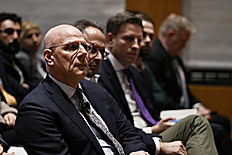 1670x1113px - 700 Kb
1670x1113px - 700 Kb 1670x1113px - 573 Kb
1670x1113px - 573 Kb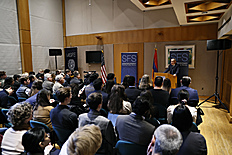 1670x1113px - 918 Kb
1670x1113px - 918 Kb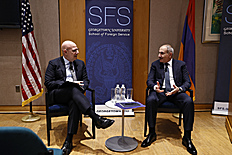 1670x1113px - 988 Kb
1670x1113px - 988 Kb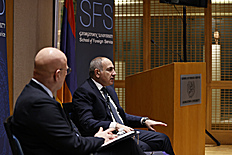 1670x1113px - 772 Kb
1670x1113px - 772 Kb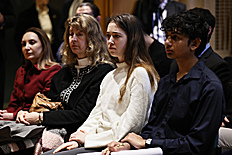 1670x1113px - 614 Kb
1670x1113px - 614 Kb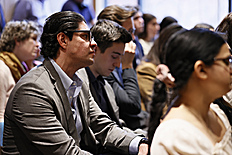 1670x1113px - 825 Kb
1670x1113px - 825 Kb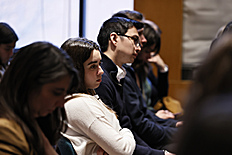 1670x1113px - 423 Kb
1670x1113px - 423 Kb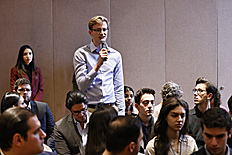 1670x1113px - 874 Kb
1670x1113px - 874 Kb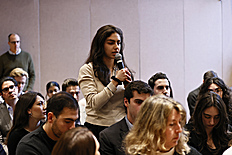 1670x1113px - 758 Kb
1670x1113px - 758 Kb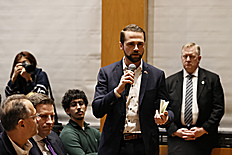 1670x1113px - 689 Kb
1670x1113px - 689 Kb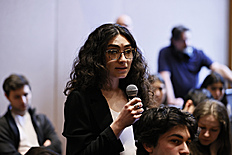 1670x1113px - 632 Kb
1670x1113px - 632 Kb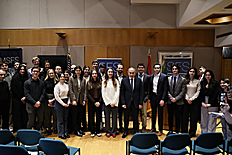 1670x1113px - 931 Kb
1670x1113px - 931 Kb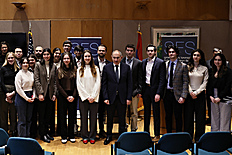 1670x1113px - 885 Kb
1670x1113px - 885 Kb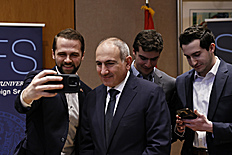 1670x1113px - 746 Kb
1670x1113px - 746 Kb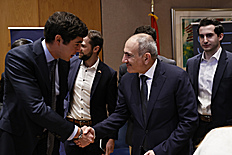 1670x1113px - 698 Kb
1670x1113px - 698 Kb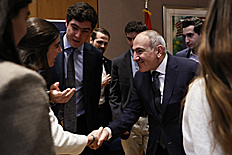 1670x1113px - 712 Kb
1670x1113px - 712 Kb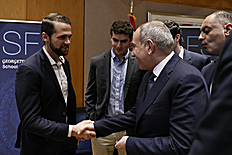 1670x1113px - 806 Kb
1670x1113px - 806 Kb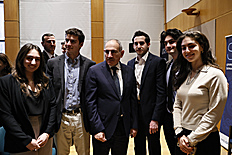 1670x1113px - 839 Kb
1670x1113px - 839 Kb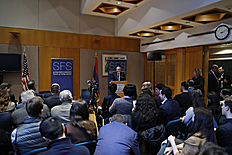 1670x1113px - 841 Kb
1670x1113px - 841 Kb 1670x1113px - 910 Kb
1670x1113px - 910 Kb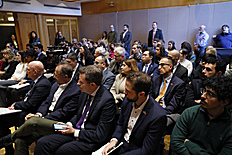 1670x1113px - 830 Kb
1670x1113px - 830 Kb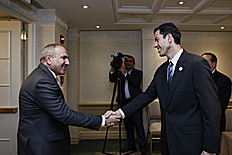 1670x1113px - 686 Kb
1670x1113px - 686 Kb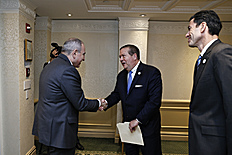 1670x1113px - 898 Kb
1670x1113px - 898 Kb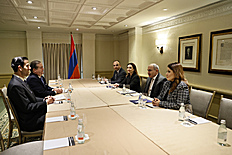 1670x1113px - 936 Kb
1670x1113px - 936 Kb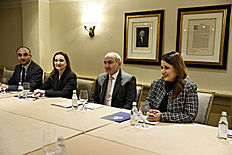 1670x1113px - 917 Kb
1670x1113px - 917 Kb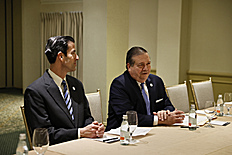 1670x1113px - 782 Kb
1670x1113px - 782 Kb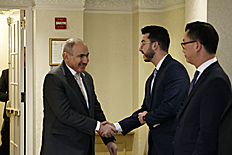 1670x1113px - 547 Kb
1670x1113px - 547 Kb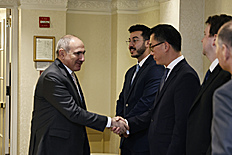 1670x1113px - 756 Kb
1670x1113px - 756 Kb 1670x1113px - 540 Kb
1670x1113px - 540 Kb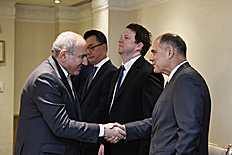 1670x1113px - 759 Kb
1670x1113px - 759 Kb 1670x1113px - 859 Kb
1670x1113px - 859 Kb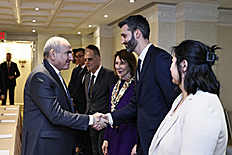 1670x1113px - 579 Kb
1670x1113px - 579 Kb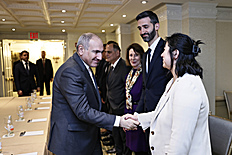 1670x1113px - 573 Kb
1670x1113px - 573 Kb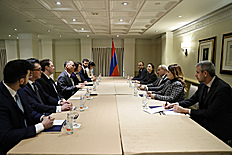 1670x1113px - 892 Kb
1670x1113px - 892 Kb 1670x1113px - 905 Kb
1670x1113px - 905 Kb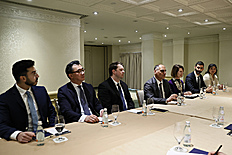 1670x1113px - 878 Kb
1670x1113px - 878 Kb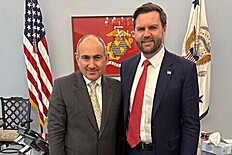 958x1600px - 287 Kb
958x1600px - 287 Kb
more 180 photos
Prime Minister of the Republic of Armenia Nikol Pashinyan and his wife Anna Hakobyan will be on a working visit to the United States of America from February 3-7.
As part of the visit, the Prime Minister will participate in the 5th Annual International Religious Freedom Summit in Washington, as well as the National Prayer Breakfast.
A number of other meetings are also scheduled.
* * *
Prime Minister Nikol Pashinyan met in Washington with representatives of the Armenian community in the US.
During the meeting, Prime Minister Pashinyan answered a number of questions of interest to those present.
The Prime Minister touched upon the processes taking place in and around Armenia, the ideological transformation taking place in Armenia. In his speech, Nikol Pashinyan emphasized that the Republic of Armenia itself is the highest goal and there cannot be a higher national goal than the Republic of Armenia. The Republic of Armenia is not a means to achieve other goals, but the Republic of Armenia itself is the goal, the highest goal.
During the meeting, the Prime Minister touched upon the ideology of Real Armenia, the balancing and balanced policy, Armenia's internal and external challenges and the Government's steps to confront them.
* * *
At the Armenian Embassy in the US, Prime Minister Nikol Pashinyan met with the Chairman of the commission between the World Council of Churches and the Vatican, Archbishop Vicken Aykazian, and the pastor of the St. Mary Church in Washington, Father Hovsep Karapetyan.
During the meeting, issues related to the preservation of the Armenian identity in the Diaspora and current problems were discussed. Prime Minister Pashinyan emphasized the importance of implementing consistent steps towards preserving the language and culture, emphasizing the importance of state support in these matters.
The sides exchanged views on steps aimed at strengthening Armenia-Diaspora ties.
Next, Prime Minister Nikol Pashinyan met with Keith Nahigian, President of the “Nahigian Strategies” organization. Issues related to the development of Armenia-US relations were discussed.
The priorities of the Armenian Government and the steps taken to overcome existing challenges were discussed. In this context, the importance of consistent implementation of balanced and balancing policy was emphasized.
Prime Minister Nikol Pashinyan also met with the leaders of the Armenian Assembly of America. Issues related to the activities of the Armenian Assembly of America and the consistent development and promotion of Armenia-US relations were discussed.
Nikol Pashinyan noted that the establishment of the strategic partnership signed with the US opens up new opportunities for expanding bilateral ties and expressed hope that the Assembly will continue its efforts aimed at expanding ties in various fields.
At the meeting, the sides exchanged thoughts on the ideology of the Real Armenia, as well as ensuring peace and stability in the region.
* * *
Prime Minister Nikol Pashinyan attended the reception organized by “Save Armenia” in Washington in honor of the Prime Minister’s visit.
Sam Brownback, Co-Chair of the International Religious Freedom Summit and Save Armenia Board Member, welcomed the visit of the Armenian Prime Minister and emphasized the organization’s commitment to supporting Armenia in advancing its agendas. He noted that “Save Armenia” aims to unite Christian leaders and other interested groups in supporting Armenia.
The reception was attended by “Save Armenia” co-founder Robert Nicholson, a number of diplomats, public figures, and politicians.
In his speech, Prime Minister Pashinyan expressed his gratitude for organizing the reception and noted that it is an honor for him to be present at the event, along with organizations and friends who have stood by Armenia and the Armenian people for decades. In his speech, the Prime Minister, in particular, noted: “Of course, I must say that now Armenia is at a crossroads, a very important period for our country. It is very important to define, to decide what is the best way to support Armenia on this important and difficult path.
Our region, in general, is extremely complex, full of deep historical contradictions, which are also reflected today. But I think that now we should focus on an agenda that will open up prospects for the future, which is the most important thing.
If you ask what is the most effective way to support Armenia from the US perspective, I would say that including the agenda for achieving peace in the South Caucasus in the list of priorities of the US political establishment would be very important, because of course, we promote freedoms, including religious freedom, but you know, I believe that the best tool for protecting people's freedoms is sustainable peace, because an environment of conflict is the most suitable environment for violating all possible rights of people.
This is the reason why we are now consentrated on the peace agenda, because we believe that only having sustainable peace in our region can create a proper environment for guaranteeing democracy, for guaranteeing rights of people, and for guaranteeing development of Armenia.
Hopefuly you know that now Armenia is striving for democracy, we are trying to deepen and make our democracy institutional, make it sustainable so that it does not depend on the political will of the ruling teams. This is very important. I believe that democracy in Armenia is irreversible. Now there is only one tool with which an attempt is made to disrupt Armenia’s democratic path, and that is the tools of war, tools escalation and tools conflict.
This is the reason why we are so concentrated on this agenda, because we believe that peace is very important and crucial to freedom, including religious freedom, for democracy and development, and for the future and happiness of our people.
Of course, we count on our friends, we count on our friends of “Save Armenia” organization. We appreciate very much what has been done so far, and we hope that you will continue your support and that your support will be more and more concentrated,on supporting specifically the peace agenda. We hope that our peace agenda will also become your agenda as well, which I think will serve to global prosperity, the global success of democracy, freedom and happiness. Thank you very much.”
* * *
Prime Minister of the Republic of Armenia Nikol Pashinyan met with representatives of the US Senate and Congress: Senator Roger Wicker (Republican Party), Congressman Andy Harris (Republican Party), Congressman Frank Pallone (Democratic Party) and Congressman Richard Hudson (Republican Party).
During the meeting, the prospects for the development of strategic partnership between Armenia and the United States were discussed.
Prime Minister Pashinyan highlighted the importance of the signing of the document on strategic partnership between the Republic of Armenia and the United States, emphasizing the commitment of the Government of the Republic of Armenia to deepen and expand cooperation with the United States in all areas. The Prime Minister emphasized the United States’ continued support for increasing the efficiency of Armenia’s public administration system, strengthening democratic institutions, and implementing reforms.
The participants of the meeting highlighted the need to ensure peace and stability in the region, as well as the implementation of the Armenian Government’s “Crossroads of Peace” initiative. Prime Minister Pashinyan reaffirmed the Armenian Government’s commitment to the peace agenda and highlighted the role of the United States in strengthening stability in the South Caucasus.
Senator Wicker and the Congressmen reaffirmed their support for the development of Armenia-US relations and emphasized the importance of deepening cooperation in the areas envisaged by the Strategic Partnership Document. They also noted the need for an active dialogue with the new US administration aimed continuously advancing the bilateral agenda.
During the meeting, the Armenia-Azerbaijan peace process, the possibilities of unblocking regional communication routes, as well as the prospects for developing cooperation with the United States in bilateral and multilateral formats were discussed.
* * *
Prime Minister Nikol Pashinyan visited the Atlantic Council in Washington, D.C., where he delivered a speech. The Prime Minister first answered questions of John Herbst, Senior Director of the Atlantic Council’s Eurasia Center and former U.S. Ambassador to Uzbekistan and Ukraine. The meeting was then held in a closed format, during which Nikol Pashinyan answered a number of experts’ questions.
Below is the full text of Prime Minister Pashinyan’s speech and the Q&A with John Herbst.
Ambassador John Herbst, Senior Director of the Atlantic Council’s Eurasia Center - Today I am honored to host His Excellency Mr. Pashinyan, Prime Minister of the Republic of Armenia. Today will have a very interesting talk. The Prime Minister has led his country since the Velvet Revolution of 2018, which brought great democratic change to Armenia. Since then, he has led his country through a turbulent period, holding snap elections in 2021. A journalist by trait, Mr. Prime Minister is now trying to write a new history for Armenia and its future. A future where there will be peace and normal relations with neighbors, respect for sovereignty and territorial integrity, and a future where the United States, the West, and Europe will be interested in cooperating with Armenia. There is already a new US-Armenia strategic partnership, which is a great step forward for the future of Armenia and Washington-Yerevan relations. Please accept my congratulations, Prime Minister Pashinyan and Foreign Minister Mirzoyan, on this development. This cooperation is clearly in the interests of both Armenia and the United States. So, I invite Mr. Prime Minister to speak from the podium, after which a discussion will take place.
Prime Minister Nikol Pashinyan - Dear Mr. Herbst, esteemed representatives of think tanks,
I am glad for the opportunity to discuss the foreign policy of the Republic of Armenia with you. The Government of Armenia has adopted a foreign policy which we call balanced and balancing foreign policy. At the core of this policy is levelling up the independence and sovereignty of the Republic of Armenia.
When we were thinking about what the formula for levelling up the independence is, we came to the conclusion that it means replacing dependence on the few with dependence on the many. Now we are acting within the framework of this formula. Of course, we are focused first of all on our regional relations, because how independent, secure we will be, how reliable our security system will be, depends on what kind of relations we will have in our region.
You know that two of our country's four borders are completely closed, I'm talking about our borders with Turkey and Azerbaijan. We have two more borders, with Georgia and Iran. Of course, these two borders are very important for us, we cooperate, we have good relations with our two neighbors, Georgia and Iran, but we want to open a new era in our relations with Turkey and Azerbaijan.
In previous years, we have made tremendous progress in the peace process with Azerbaijan. In order for this progress to be understandable to you, you know that now we are discussing the draft peace treaty with Azerbaijan, and now we have reached full agreement on 15 out of 17 points of that treaty, and there are two points left on which we still need to reach a final agreement. We hope to complete this process as soon as possible. Of course, we are working with Azerbaijan in a bilateral format, but obviously the attention and support of the international community would be very useful in creating a proper environment for achieving sustainable peace.
We have a fairly active dialogue with Turkey. In recent years, I have had several meetings with the Turkish President, I was present at the inauguration of the Turkish President, we recently met in New York within the framework of the UN General Assembly, and we have a very specific agreement to open our border in the first phase to citizens of third countries and people holding diplomatic passports, and we hope to achieve the implementation of this agreement as soon as possible. We are working in that direction.
On the other hand, we are deepening cooperation with other regional partners, I mean with Georgia and Iran. Of course, there is an international situation that hinders the deepening of relations with our neighbors, and these circumstances are known to everyone, I will not mention them. But I think we are successful in taking into account all these circumstances, and on the other hand, to develop relations with our neighbors. Of course, we hope that there will be a breakthrough in our regional situation when we manage to finalize and sign the peace treaty with Azerbaijan, as well as achieve normalization of relations with Turkey, which will not only completely change the regional situation, but also, I think, will have a very tangible and significant impact on the international situation.
We continue to remain a member of the Eurasian Economic Union. I would assess our relations within the Eurasian Economic Union as normal. The Eurasian Economic Union is functioning and we work within its framework. On the other hand, we have suspended our participation in the CSTO, which was our main security partner. The reason for this decision was the situation when the CSTO failed to fulfill its obligations to guarantee the security of the Republic of Armenia.
In general, I must say that now we are in the process of diversifying our foreign relations in all areas, from the economy to security.
You know that we are deepening our relations with the European Union, and last year something very important happened in our relations with the European Union. Since 2022, a civilian monitoring mission has been deployed on the Armenia-Azerbaijan border, and this is the first time that the European Union has been involved in any way in the security agenda of the Republic of Armenia. We are developing cooperation with the European Union. We recently launched a dialogue on visa liberalization, and we hope to conclude it as soon as possible.
The European Union has made another very important decision by including Armenia in the European Peace Facility, which is also a very important political decision. Recently, we signed the Charter of Strategic Partnership with the United States, which is also a very important decision. We hope to open a new page in relations with the United States.
We are actively working in terms of foreign policy, and the implementation of a balanced and balancing foreign policy is in the process. I think we are doing it quite effectively. Honestly, I can say that despite all the challenges, we have been able to increase the level of our independence and sovereignty, and I usually say that Armenia is becoming an increasingly independent country, which is very important. It opens up new opportunities for us, but on the other hand, of course, it brings new challenges.
Obviously, these days there are many challenges in international politics, in particular for Armenia, which we feel, but on the other hand we see that new opportunities are opening up, and our task is to manage all the challenges and use the opportunities as much as possible.
I would like to draw the attention of this audience to a very important topic, which is democracy. It is very important to emphasize the fact that Armenia is now a striving democracy. This is very important and the international community acknowledges this fact. I think that this circumstance, I mean democracy, has a very important impact on our foreign policy, because when a country is democratic, it will obviously try to deepen cooperation with all other democratic countries, and we hope that this aspiration of ours will be reciprocal. In fact, we see it is, and appreciate it.
We will continue the agenda of democratic reforms. Of course, as everywhere, democracy brings challenges, but it also opens up opportunities, and we are trying to manage all the challenges, including internal ones, and use all the opportunities to develop our country, first of all keeping the security agenda in the focus.
But we see prosperity and happiness, freedom, protection of human rights, independent judiciary and, in general, the success of our citizens the most important continuation of security. We want them to feel that democracy is truly a factor that is capable of ensuring security, prosperity, more and more opportunities for all citizens and all people living in Armenia. We hope that as a result of these reforms, Armenia will become a more attractive country for investing, living, visiting. This is our policy that we are trying to promote.
Of course, we feel that the visibility of Armenia as a democratic country is growing, which is very encouraging, but on the other hand, of course, we hope to ensure more visibility, to receive more support from our international partners, to make Armenia’s success story in democracy, the history of challenges and security threats more visible to the international community, which I think can and will be a factor of stability and peace for our country and the region. I tried to present a general picture of our country and our region and now I am ready to answer all your questions. Thank you.
Ambassador John Herbst, Senior Director of the Atlantic Council’s Eurasia Center – Mr. Prime Minister, thank you for this comprehensive remarks. I will have a brief conversation with Mr. Prime Minister, 15 minutes, after which I will give the floor to the audience. It seems that you have already answered my first question. I want to ask why you are so determined to pursue peace with Azerbaijan. But I would like to ask another question. I think you have given convincing reasons for your path to peace, but was it easy to convince the people of Armenia to follow this path?
Prime Minister Nikol Pashinyan – You know, it is obviously impossible to have real and growing independence, prosperity and security without peace. It is simply impossible. In Armenia, people and political forces are discussing how is it possible and what is the most reliable tool to ensure the security of our country and people. This is a very urgent and important question indeed. Our answer is that peace is the only reliable tool for security, the only reliable tool for prosperity is peace.
Peace is key even for democracy, because we cannot have democracy in an environment of war. I can say that due to historical factors, people in Armenia are not very optimistic about the peace agenda. But on the other hand, if you were to ask me whether I am optimistic or pessimistic, I would answer that question that I do not think we should be optimistic or pessimistic, we should be active, creative and continuously work towards the implementation of that agenda.
No one can guarantee that the process will be successful, the only guarantee for it is persistent work, being creative and proactive, not giving up and continuously working to achieve the desired goal. Obviously, the potential benefits of peace are important not only for the people living in Armenia, but for the entire region, even the international community will benefit from that peace.
So, we perceive this process as our contribution to international peace, because that is how world peace and stability are formed, when as many stakeholders of international relations as possible contribute to this cause, work in that direction. And we look at this process from that perspective, it is not only our duty to our citizens, to our region, but it is our duty to the international community, to international stability and peace.
We hope that the international community will also look at this process from that perspective. We expect to receive the support of our international partners, their encouragement to continue this path. This is the reason why we are trying to explain all the nuances of our intentions to our international partners.
Ambassador John Herbst, Senior Director of the Atlantic Council’s Eurasia Center – Thank you. You mentioned that in the negotiations with Azerbaijan you have reached an agreement on 15 out of 17 points of the peace agreement. 2 still remain. Being honest, but remaining diplomatic, I think that the negotiations will last a long time if the authorities in Baku are not interested in a win-win peace, as your Government approaches the issue. Please talk about those two points on which an agreement has yet to be reached and the prospects for reaching an agreement.
Prime Minister Nikol Pashinyan – One of the points concerns the deployment of third-party forces along the border of Armenia and Azerbaijan. Azerbaijan proposes to have a ban on the deployment of third-party forces along the border, meaning the European Civilian Monitoring Mission. We take note of this desire of Azerbaijan and have made our own proposal, which implies applying this point only to demarcated sections of the border. In other words, if we have demarcated a given sector, it means that no third-party force should be present there. So, we have submitted our proposal in a written way and are waiting for Azerbaijan's response.
The other point concerns the complaints filed against each other in legal institutions. The idea is to call back all these complaints. In general, we are not against this idea either, but our proposal is not only to call back these complaints, but also not to raise these issues in bilateral relations. Otherwise, a strange situation may arise when, for example, an issue is called back from an international institution, but one of the parties tries to put this issue on the table in bilateral relations and one of the parties could use this issue to provoke escalation. In that case, it will no longer be possible to transfer this issue to international institutions. We are not against this idea either. Our proposal is to end further discussions on conflicting issues and open a new era of bilateral relations, starting from a new and clean page.
If you noticed, this means that all important issues of the draft peace treaty have already been agreed upon. There were very deep and sensitive topics in that draft, but there is already agreement on all these issues. For example, Armenia and Azerbaijan agreed to recognize each other's territorial integrity, based on the borders of Soviet Armenia and Soviet Azerbaijan.
We have agreed to have a provision that Armenia and Azerbaijan have no territorial claims against each other and will not raise such claims in the future. This is actually the cornerstone for the future peace and everything is agreed for it. I am saying this, because it makes it obvious that now peace is more than reachable, and now only political will is needed to finalize the draft peace treaty, sign it and achieve sustainable peace.
Ambassador John Herbst, Senior Director of the Eurasian Center at the Atlantic Council - You also recognize the importance of normalizing relations with Turkey. There has been clear progress towards achieving that goal, but it has not yet been reached. What are the prospects for normalizing relations with Ankara?
Prime Minister Nikol Pashinyan - We will continue and continue that dialogue. I guess that Armenia and Turkey have never been involved in such an active dialogue as they are now. In fact, there are no obstacles to communication with Turkey and we are in constant dialogue. Our foreign ministers meet and talk continuously, our representatives are in constant touch, and actually, we are working very actively and there is a common understanding of what needs to be done. But of course, there are many nuances and some final efforts are needed to achieve a real result. We hope that the result will be there very soon.
* * *
Prime Minister Nikol Pashinyan participated in the International Religious Freedom Summit in Washington, D.C., where he delivered a speech and answered questions of the speaker.
In his speech, the Prime Minister, in particular, noted:
“Ladies and Gentlemen,
Dear participants of the International Religious Freedom Summit,
It is an honor for me to have this opportunity to share my views on this very important topic.
From my perspective, religious freedom is about democracy. There can be no democracy without religious freedom, because being free means to be free in one’s perception of God and one’s perception of religion.
But to be free, on the other hand, means tolerance of the religious views of others, and one without the other can lead to religious fanaticism and extremism.
To believe in God or not is a matter of personal faith and personal freedom. How to believe in God, through which religion, is a matter of personal faith and personal freedom.
Of course, the United States is an exemplary and leading country in ensuring religious freedom for all religions. It was with this understanding that Armenia joined the US-inspired International Alliance for Religious Freedom and Belief, in February 2020, during the first administration of President Trump.
Ladies and Gentlemen,
The main religious institution of the Republic of Armenia is the Armenian Apostolic Church, and this is natural, because Armenia is the first country in the world to adopt Christianity as a state religion, and this was done back in 301 by the Armenian King Tiridates III. Since then, the Armenian Apostolic Church has played a significant role for our people.
In Armenia, we also have the Armenian Catholic Church, we also have the Armenian Missionary Association of America, which operate freely and enjoy great respect in our society. There are also other religious organizations based on Christianity, and they operate freely.
I would also like to mention that Armenia is home to the largest Yazidi community in the world, and the world’s largest Yazidi temple was recently built in Armenia. We have the presence of the Russian Orthodox Church, the Assyrian Church, Russian Molokans, and pagans in Armenia.
The Jewish community of Armenia, although small, plays an important role in our diverse society with its spiritual life centered around the Yerevan Synagogue.
In the center of our capital, Yerevan, we have a functioning Muslim mosque, which is a very important part of our cultural heritage.
Ladies and gentlemen,
Religious freedom is a very important part of democracy in Armenia. In terms of regional relations, three of the four neighboring countries – Iran, Turkey, and Azerbaijan – have predominantly Muslim populations. Our other neighbor, Georgia, has a predominantly Christian population with a large Muslim community. This shows how important religious tolerance is for the stability of our region.
Fortunately, despite political and ethnic contradictions, we have a good tradition of religious tolerance and respect in our region, and this makes lasting peace and stability in the South Caucasus more realistic. And we hope to transform our regional disputes into regional dialogue, and religious freedom is one of the tools that can make this a reality.
Thank you for your attention.”
Prime Minister Pashinyan then answered questions from speaker David Curry.
David Curry - Thank you, Mr. Prime Minister, for being here today, it is an honor for us. The most critical question today is how to achieve peace in the complex neighborhood you live in. I would like to congratulate you on the “Crossroads of Peace” initiative. Tell me, please, what are the prospects for the “Crossroads of Peace” initiative.
Prime Minister Nikol Pashinyan - Thank you once again. This is a really good opportunity and an honor for me to have this conversation. Yes, we have initiated a program that we have called “Crossroads of Peace”. It is first of all about opening our regional communications, but it is not only about communications, because if we look at the issue from the perspective of religious tolerance, it is also about communication between people, because when transport communications are open, this is first of all an opportunity for people to interact with each other. This is a very important factor for a sustainable and lasting peace. This is an open proposal addressed to the countries of our region, and of course, we are working with each of them to implement this project.
David Curry - It's amazing. For millennia, Armenia has been in the midst of this crossroads of Abrahamic religions. Beyond economics, how can Armenia culturally become part of an interfaith dialogue between Muslims, Christians, Jews, and others?
Prime Minister Nikol Pashinyan - I have already mentioned that we have different religious communities in our country. Of course, there is no tension between different religious communities in our country. Of course, there are certain forces, as everywhere, that are trying to take provocative steps from outside, but our institutions are reacting effectively to them, not allowing anyone to sow tension between religious communities.
A real dialogue is taking place in our country. As I have mentioned, we have the largest Yezidi community in the world, and this community is a very important part of our country, our national heritage. Of course, we have huge respect for Muslims, Jews, and other religious groups. I have already said that the largest religious institution in Armenia is the Armenian Apostolic Church, but we also have the Armenian Catholic Church, and other churches. This is a very important tradition for us.
David Curry - It has been years since Armenia transitioned from being part of an empire to becoming an independent state. How have the Armenian people emotionally accepted the fact that they have become a truly independent state while remaining interconnected with the rest of the region?
Prime Minister Nikol Pashinyan - You know, this is a really important issue. Now we are trying to bring the ideas of statehood, independence closer to our people. Because you are right, these are absolutely different things when you are a citizen of an empire and when you are a citizen of an independent and democratic country. For a long time, for several centuries, Armenia did not have an independent statehood, and 30 years ago we began to build our independence, and now we are in the process of creating a sustainable and institutional democracy. It is not an easy path, but it is extremely important. But we are doing it, as I mentioned, we are a striving democracy, which shows that democracy has a great future in Armenia.
David Curry - We had a short conversation backstage and I learned that you like to ride a bike, which I myself used to do years ago. I have been to Armenia several times, I have seen that beautiful country, I have even glanced at the disputed territories, where tragic events have taken place in recent years. I would like to see Armenia as a travel country, where people would come... What kind of future awaits you, do you think Armenia will one day become an attractive country for traveling?
Prime Minister Nikol Pashinyan - Yes, of course. By the way, we are working on organizing a professional tournament, maybe it will be called Tour to Armenia…
David Curry - Can I get royalties for that?
Prime Minister Nikol Pashinyan - Yes, of course. But organizing a professional tournament will take time, maybe several years, that is why we have decided to organize an amateur cycling race from the south to the north of Armenia this year, and I invite you all to participate. It will be a very good opportunity to see the beautiful nature of the Republic of Armenia, and we would like to see you all in our country.
David Curry - Thank you for coming here. Your attendance means that you believe in religious freedom, that everyone has the right to practice their religion. What is your final message to these people who have different beliefs, but believe that people have the right to practice the faith that comes from their hearts. What would you say to encourage them?
Prime Minister Nikol Pashinyan - You know, for me the values of the Holy Bible, the New Testament are very important and actually the beginning of my political activity was based on it. When I was in prison, as a political prisoner, the Bible was the force that helped me overcome that ordeal. Of course, it is very important to be guided by the Bible, for me, in particular, the New Testament, how to behave in everyday work.
Of course, it is not easy, particularly in politics, but we are trying to have value-based policies, be it domestic policy, economic policy, foreign policy. For this, religious tolerance and freedom are very important. It is very difficult to imagine democracy without religious freedom. Thus, we see Armenia as a democratic country, a real democratic country, with a vivid political dialogue, regional dialogue, dialogue with different people, countries and civilizations.
We will work to make Armenia a very bright place for different people to come, to engage in dialogue, to ride bikes, to enjoy nature, food and see the holy places. Our religious center is Etchmiadzin, and as I mentioned, in 301 AD Christianity was adopted by the Armenian king, which was the first time that any country adopted Christianity as a state religion. All the places that are connected with these events are now in Armenia, they are holy places, and I invite you to visit them, and in Khor Virap, where our first patriarch was detained as a Christian, it was persecution, but after some time the king realized that Christianity is the best religion, and he made the appropriate decision. So I invite you all to see all the holy places and interconnect with this very rich and important history.
David Curry - I have been to some of them, they are very beautiful holy places. Thank you, Mr. Prime Minister, for your commitment to peace.
Prime Minister Nikol Pashinyan - Thank you.
* * *
Prime Minister Nikol Pashinyan participated in the National Prayer Breakfast as part of the 5th Annual International Religious Freedom Summit in Washington, D.C.
The Prime Minister delivered a speech. The event was held in a closed format.
* * *
Prime Minister Nikol Pashinyan visited Georgetown University in Washington. The Prime Minister was welcomed by Professor Joel Hellman, Dean of the Edmund Walsh School of Foreign Service.
Nikol Pashinyan delivered a lecture, which was attended by students and professors of political science, international relations and security.
In his speech, the Prime Minister touched upon the development and strengthening of democracy in Armenia, the process of ongoing reforms, the current situation in the region, in particular, the processes taking place around Armenia and the current challenges, as well as steps to resolve them. The Prime Minister emphasized the commitment of the Government of the Republic of Armenia to strengthening democracy and combating corruption, emphasizing the importance of developing institutions and their capabilities in this context.
Nikol Pashinyan also touched upon the normalization of relations with Azerbaijan and Turkey and emphasized the committment of the Government of the Republic of Armenia to the peace agenda. The Prime Minister presented the “Crossroads of Peace” project aimed at unblocking regional communication routes.
During the meeting, the Prime Minister also answered a number of questions of interest to students and lecturers.
* * *
Prime Minister Nikol Pashinyan met with Daniel Twining, President of the International Republican Institute (IRI) in Washington.
During the meeting, the process of cooperation between the Armenian government and the Institute, the programs being implemented in Armenia, as well as further joint steps aimed at deepening democratic reforms were discussed.
Prime Minister Pashinyan highly appreciated the support of the International Republican Institute and emphasized the importance of developing public communication capabilities, considering it as the basis for open and transparent governance. The Prime Minister also emphasized the importance of the Strategic Partnership Charter signed between the Republic of Armenia and the United States, which will create new opportunities for expanding bilateral ties, including strengthening of democratic institutions, increasing civil society capacities, and effective implementation of reforms.
Daniel Twining reaffirmed the commitment of the International Republican Institute to continue supporting the reform agenda of the Government of Armenia and democratic development.
* * *
Prime Minister Nikol Pashinyan met with representatives of the American Heritage Foundation for Strategic Studies.
In the context of the signing of the strategic partnership document between Armenia and the United States, the importance of developing bilateral cooperation in the economy, energy, investments, education, healthcare and other sectors was emphasized.
The sides exchanged views on issues of regional and international importance.
* * *
Prime Minister of the Republic of Armenia Nikol Pashinyan met with US Vice President James David Vance at the White House in Washington.
During the meeting, issues related to Armenia-US bilateral relations, as well as the regional agenda, were discussed.